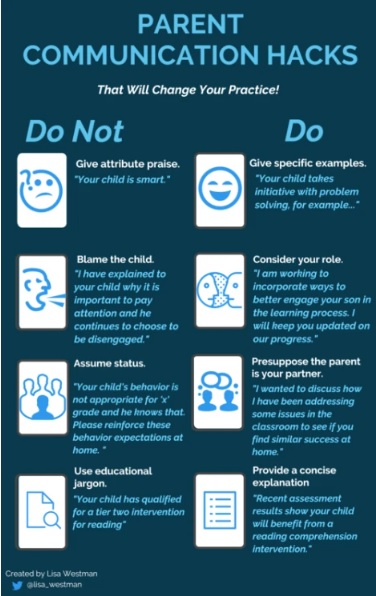7 Smart Ways to Handle Emails from Upset Parents Like a Pro
30th April 2025

When you are a teacher, getting angry emails from parents is just part of the job. One minute you are grading papers and then there is a message that makes your stomach drop. Maybe the parent thinks their child deserves a better grade. Maybe they do not like how you handled something in class. Whatever the reason, these emails can throw off your day. However, educators who completed a Diploma in Counseling Courses understand that behind every angry email is a parent who wants what is best for their kid.
So, how to respond to upset parents with grace? How to turn those negative situations into positive experiences? Let's find out.
How to Respond to Upset Parents Without Losing Your Cool
Studies show that nearly seven out of ten teachers felt emotionally drained after handling difficult parent conversations. It is completely understandable. Teachers who have done counseling courses in India understand that a teacher's brain works overtime to process emotions while trying to stay professional.
Here are a few simple but powerful strategies that can help:
- Wait Before You Write
That email that arrives at 9:30 PM? It can wait until morning. Set up an automatic reply that says something like: 'Thanks for your message. I check emails during school hours and will get back to you soon.' This gives you breathing room to respond when you're calm and clear-headed.
- Move Your Body First
Did you know people often hold their breath when reading stressful emails? This makes you feel even more anxious! Before typing a single word of your response, get up and take a short walk. Go around the school building or just around your living room. Deep breaths help your brain switch from emotion mode to thinking mode.
- Get a Second Opinion
Once you have drafted your reply, it is a good idea to have a colleague you trust take a quick look. It helps catch things you might have missed. They can spot if you sound defensive or if your tone might come across wrong. Sometimes you are too close to the situation to notice these things yourself.
- Consider Making a Phone Call
Emails cannot communicate your tone very well. What sounds helpful in your head might read as cold or dismissive to someone else. For really sensitive topics, picking up the phone often works better. When parents hear your voice, they can tell you care, and misunderstandings clear up much faster.
- Know When to Let Go
Not every comment needs a response. If a parent points out a tiny typo in your newsletter or makes a small complaint, sometimes it is best to just note it and move on. Save your energy for the issues that really matter.
- Stick to Facts and Stay Respectful
First, respond by thanking the parent for reaching out. Then focus on what happened, not your feelings about it. Keep your language clear and professional. Avoid ALL CAPS (which looks like shouting), sarcasm, or lengthy justifications. Short and respectful work best.
For example, instead of: 'I'm really surprised and upset that you'd question my grading system when I have explained it multiple times!'
Try: 'Thank you for your email about Jason's math grade. The current grade reflects three missing homework assignments and a score of 72% on the unit test. I would be happy to discuss ways Jason can improve his grade going forward.'
- Focus on Solutions, Not Defenses
Parents do not usually want a detailed explanation of why you did what you did. They want to know what happens next. Instead of writing a long explanation to justify your decision, try to shift the focus toward what can be done next. If a parent is upset about their child's low test score, do not just explain your grading policy. Mention specific ways their child can improve and offer resources or extra help options.

Source: edweek.org
Common Email Mistakes to Avoid
When emotions run high, it is common to make mistakes. Here are some things to avoid:
- Responding too quickly. Emotional emails lead to regrets.
- Writing lengthy, defensive replies. These often make things worse.
- CC'ing too many people. Only include others if necessary.
- Using sarcasm or ALL CAPS leads to more tension.
- Ignoring important concerns which can be interpreted as not caring.
- Making promises you can't keep. Tell only those things you can do.
Over time, these careful responses build trust. Parents who feel heard and respected are more likely to work with you rather than against you when challenges arise.
Bottom Line
Remember, you are not the first teacher to face these challenges, and you won't be the last. Every experienced educator who has completed counseling courses for teachers has stories about difficult parent interactions that eventually turn into positive relationships. With practice, responding to upset parents becomes less stressful and more of a skill you can master – just like all the other amazing things you do as a teacher every day.
Written By : Varsha











